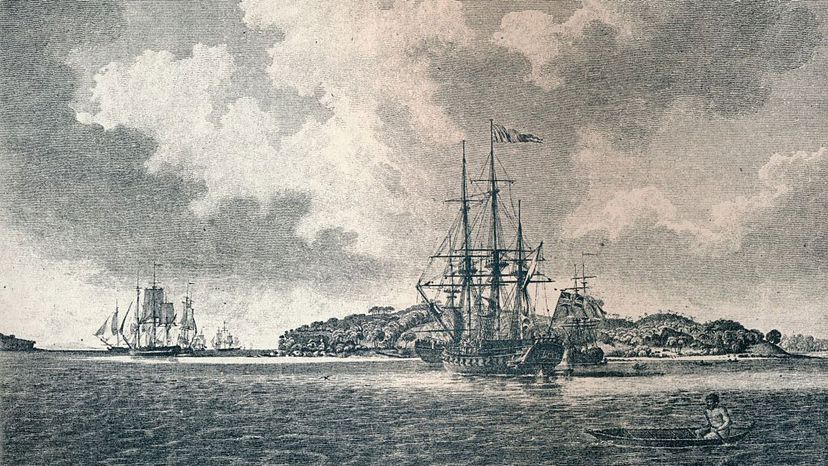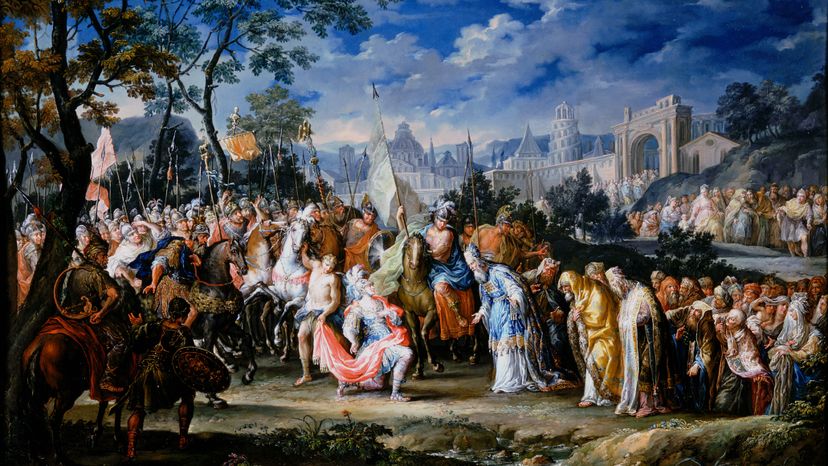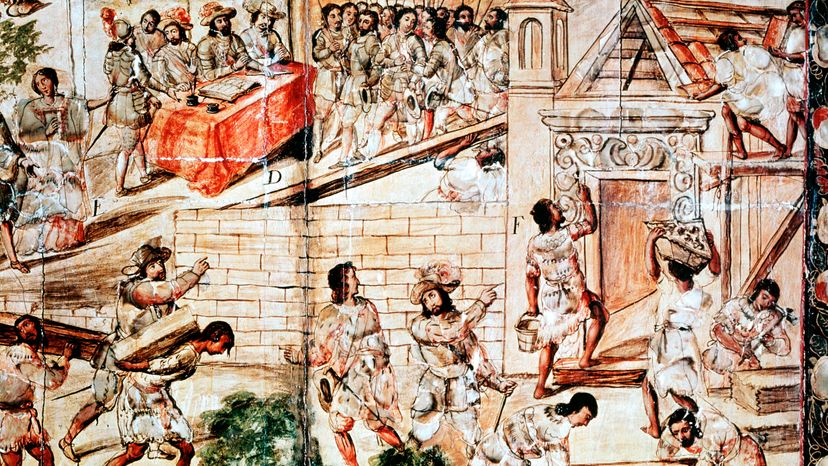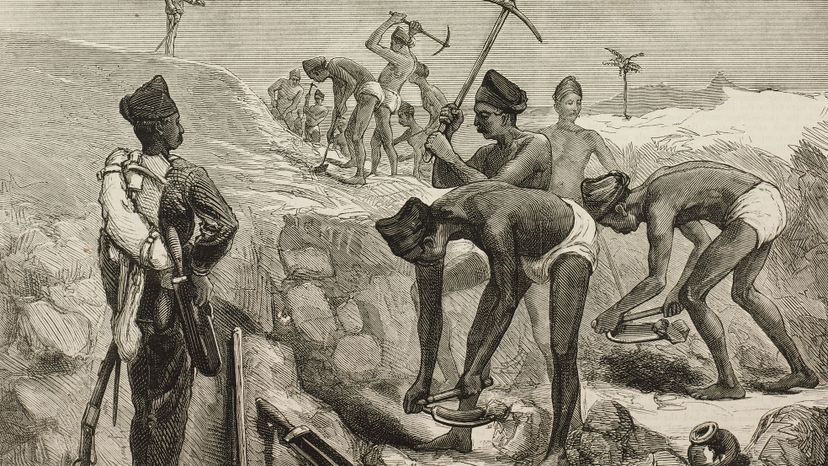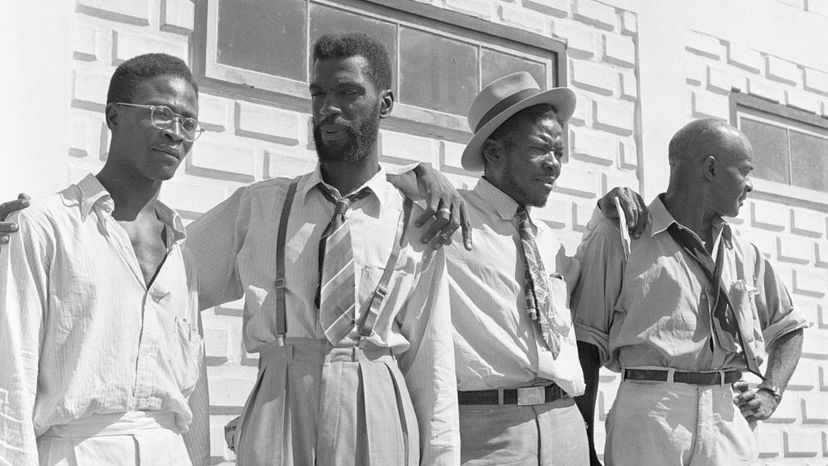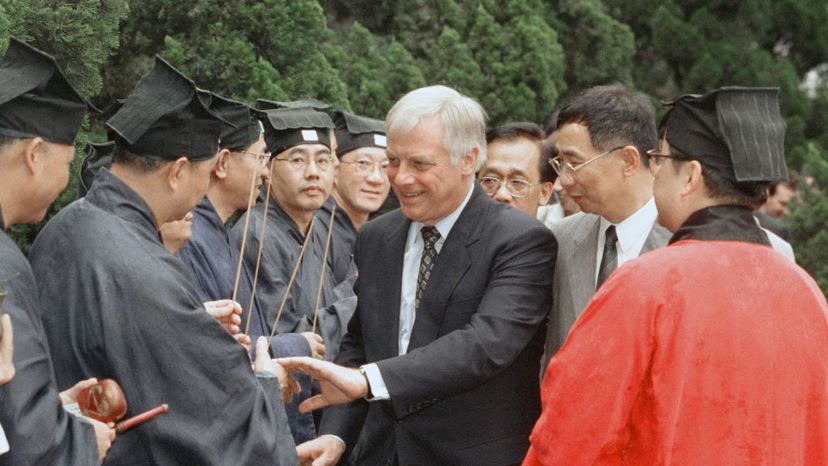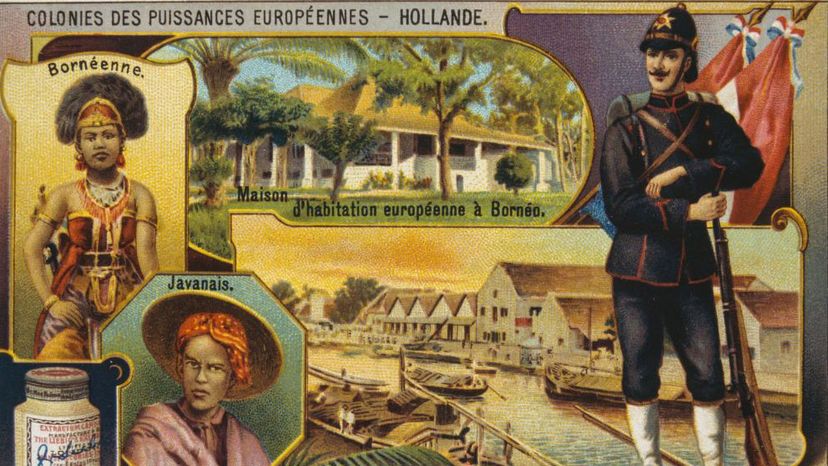
To Americans who live in a nation that began back in 1776 when 13 former British colonies declared their independence, the term colonialism might conjure up nostalgic mental pictures of the Pilgrims landing at Plymouth Rock and having their first Thanksgiving feast with some friendly Native Americans. Americans may think of colonists as brave souls who ventured across the ocean and made a new life for themselves in an unfamiliar land.
But to people in much of the rest of the world — particularly countries in Asia, Africa and Latin America that once were dominated by European powers — that same word may bring to mind the humiliation and cruelty that their ancestors suffered at the hands of invading soldiers and colonial overseers, the loss of ancestral homelands and lives spent toiling to amass wealth for some master in a faraway land. As Nathan J. Robinson, editor of the journal Current Affairs, explained in a 2017 essay, "Perhaps the easiest way to understand why colonialism was so horrific is to imagine it happening in your own country now."
Advertisement
We have these divergent impressions because colonialism is a complicated, provocative, often painful subject. At the most basic level of meaning, colonialism is the practice of taking control over another country, occupying its land with settlers and/or exploiting its resources for economic gain [source: Oxford].
The idea of colonialism dates back to ancient times, but the real age of colonialism began sometime around 1500, when European mariners first arrived at distant lands in Asia and the Americas. It reached its height in the mid-1900s, when a third of the world's population lived in places ruled by colonial powers. After World War II altered the global balance of power, the European colonial empires began to crumble, as countries they had controlled fought to gain independence. In 1960, the United Nations officially declared an end to colonialism, and today, only a handful of places around the world are ruled by other nations.
Even so, the legacy of colonialism remains — from prosperous former colonies that still feel a connection to the empires to which they once belonged, to struggling nations where years of exploitation has left lasting scars. In this article, we'll look at the different types of colonialism, the history of colonial empires, the forces that led to decolonization and colonialism's lingering impact.
Advertisement
